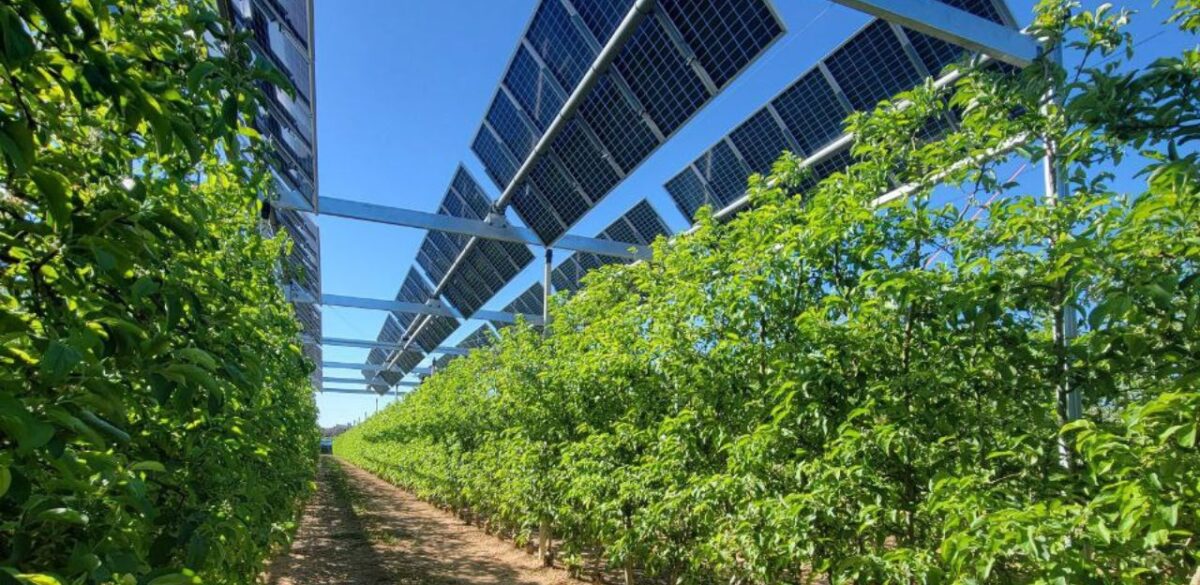From pv magazine Spain
The Department of Climate Action, Food and Rural Agenda (DACC) of the autonomous region of Catalonia in Spain has released new guidelines for the deployment of agrivoltaic facilities. This is the first official definition of agrivoltaics in Spain, but there is still no national consensus to define it, like in Germany, France and Italy.
“Agrivoltaics is a hybrid system that combines agriculture and electricity in the same area,” said the DACC, which establishes general criteria and specific criteria related to land use, crop yields, and the different types of mounting systems that these facilities must have.
The new provisions state that it is mandatory to maintain agricultural activity while generating power. Specifically, it must be ensured that the agricultural crop yield on the total project area after the construction of the agrivoltaic installation remains at least 60% of the total yield. By comparison, this percentage in France stands at 90% and in Germany at approximately 70%.
pv magazine
This content is protected by copyright and may not be reused. If you want to cooperate with us and would like to reuse some of our content, please contact: editors@pv-magazine.com.



Bonjour,
Comment peut-on avoir accès à un détail de ces lignes directrices?